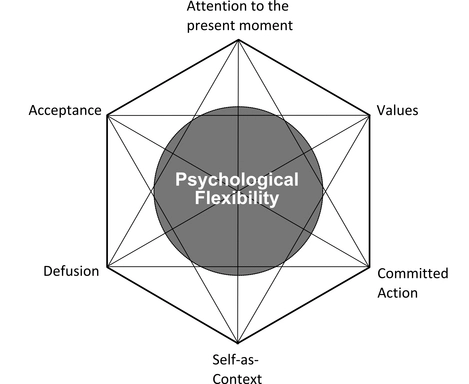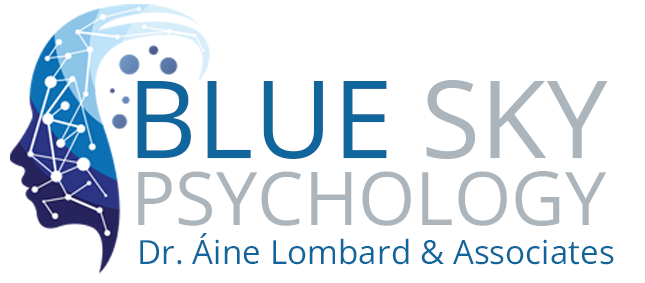Acceptance and Commitment Therapy (ACT)
Is what you’re doing giving you a rich, full and meaningful life? If the answer is yes, then you probably don’t need to change anything or attend therapy. However, if the answer is no, you may want to consider therapy and this therapeutic approach in particular to maximise your potential for a rich, full and meaningful life.
We will all experience frustration, disappointment, rejection, loss and failure at some point in our lives. We will all experience aging, illness and injury also. Unfortunately, we will all face our own death and the death of loved ones. And on a regular basis, we will experience painful feelings that we wish would ‘go away’ – anger, hurt, shame, fear and sadness to name a few. Acceptance and Commitment therapy (ACT) is a model of therapy that teaches people how to handle these painful experiences and the thoughts and feelings that accompany them in a more helpful way.
ACT:
- Helps you to develop skills and strategies to deal with difficult experiences in a more helpful way so that they have less impact and influence over your behaviour, for example, avoidance.
- Helps you to clarify what is truly important and meaningful to you - i.e. your values - then use that knowledge to motivate you to change your life for the better and move towards those values.
ACT Hexaflex – The six core processes of Acceptance and Commitment Therapy (Harris, 2009)

When you combine these processes together, you develop 'psychological' flexibility. This is the ability to be in the present moment, with awareness and openness, and commit to action guided by your values.
The greater your ability to be present, open and do what matters to you most, the greater the impact on your wellbeing and in turn, you will experience a better quality of life.



